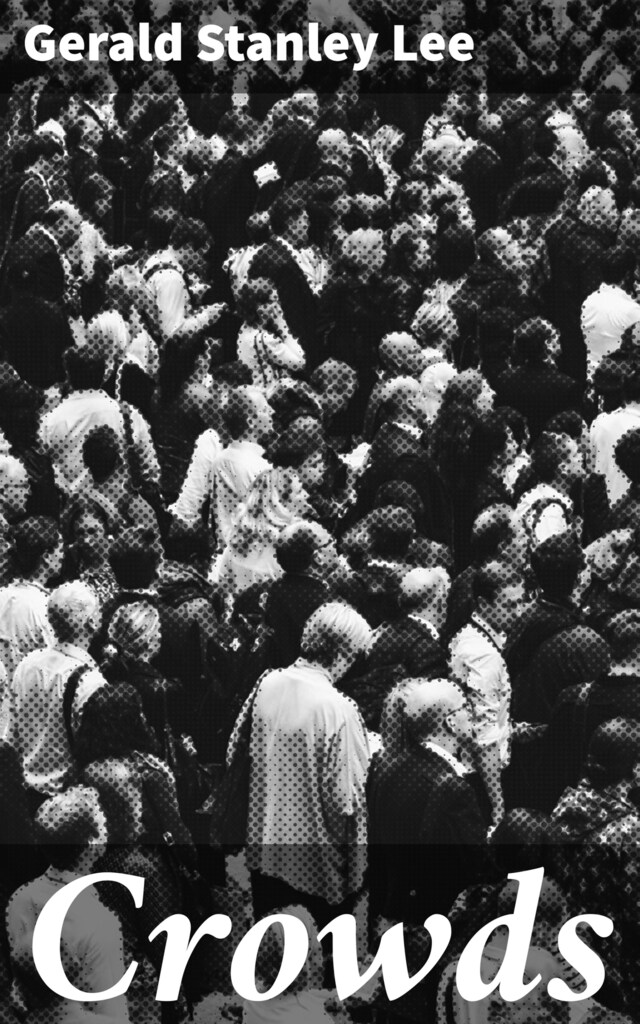
Crowds
A Moving-Picture of Democracy
Beskrivelse av boken
In "Crowds," Gerald Stanley Lee delves into the psychology and sociology of collective behavior, examining the intricate dynamics of group mentality. Written in a reflective and engaging prose style that blends personal anecdotes with rigorous analysis, Lee explores how crowds can both embolden and diminish individual agency. The book is situated within the early 20th-century context of burgeoning social sciences, offering a prescient critique of the social movements and mass behaviors that would characterize the modern era. Lee'Äôs observations challenge traditional notions of individuality, presenting crowds as a powerful force in shaping human experience and societal change. Gerald Stanley Lee, an influential thinker, and writer, was deeply affected by the tumultuous societal shifts during his lifetime, particularly the impacts of the Industrial Revolution and World War I. His background as a journalist and his keen interest in social reform informed his approach to this subject, as he sought to understand the complexities of human interaction within the public sphere. Lee'Äôs commitment to exploring the social implications of collective behavior reflects his desire for a more empathetic understanding of humanity'Äôs shared experiences. "Crowds" is a compelling read for anyone intrigued by social psychology, cultural studies, or the mechanisms of mass communication. Lee'Äôs insightful exploration of crowds as both a unifying force and a source of conflict resonates with contemporary issues, making this book not only relevant but essential for understanding the interplay between individual and collective identities. This work invites readers to reflect on the nature of human connection and the potent influence of the crowd in shaping societal narratives.
 Gerald Stanley Lee
Gerald Stanley Lee 583 Sider
583 Sider